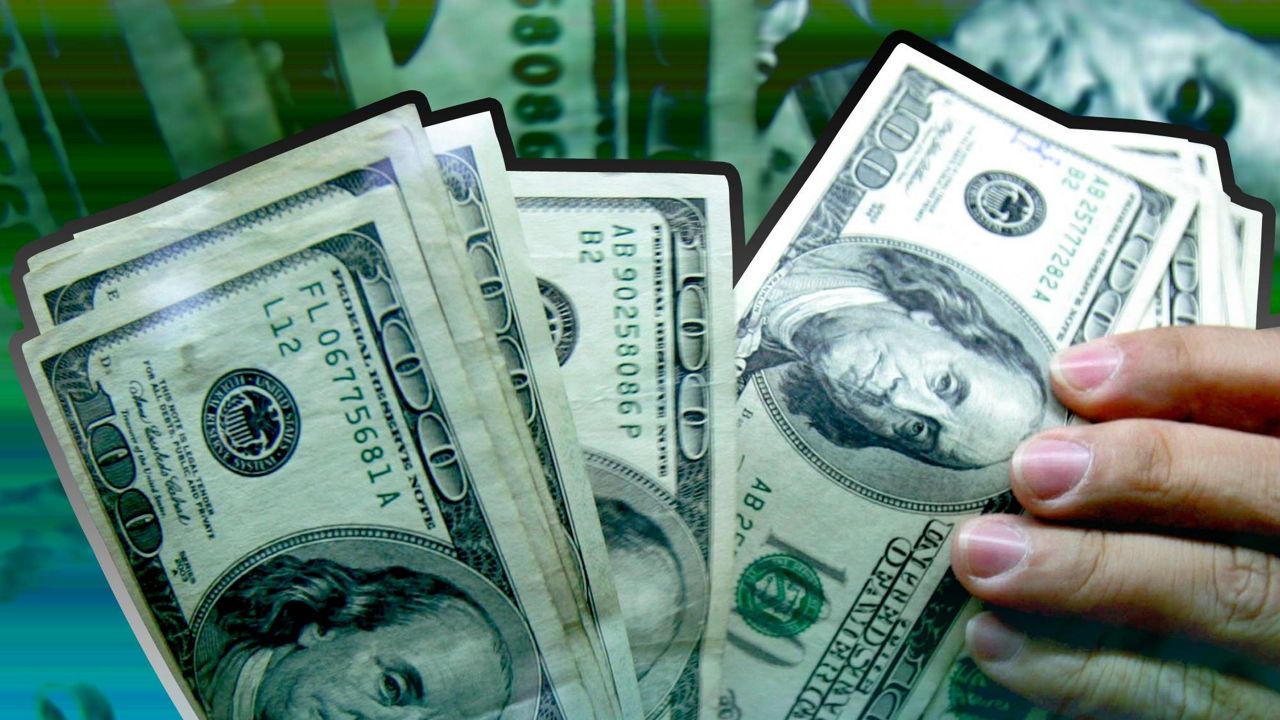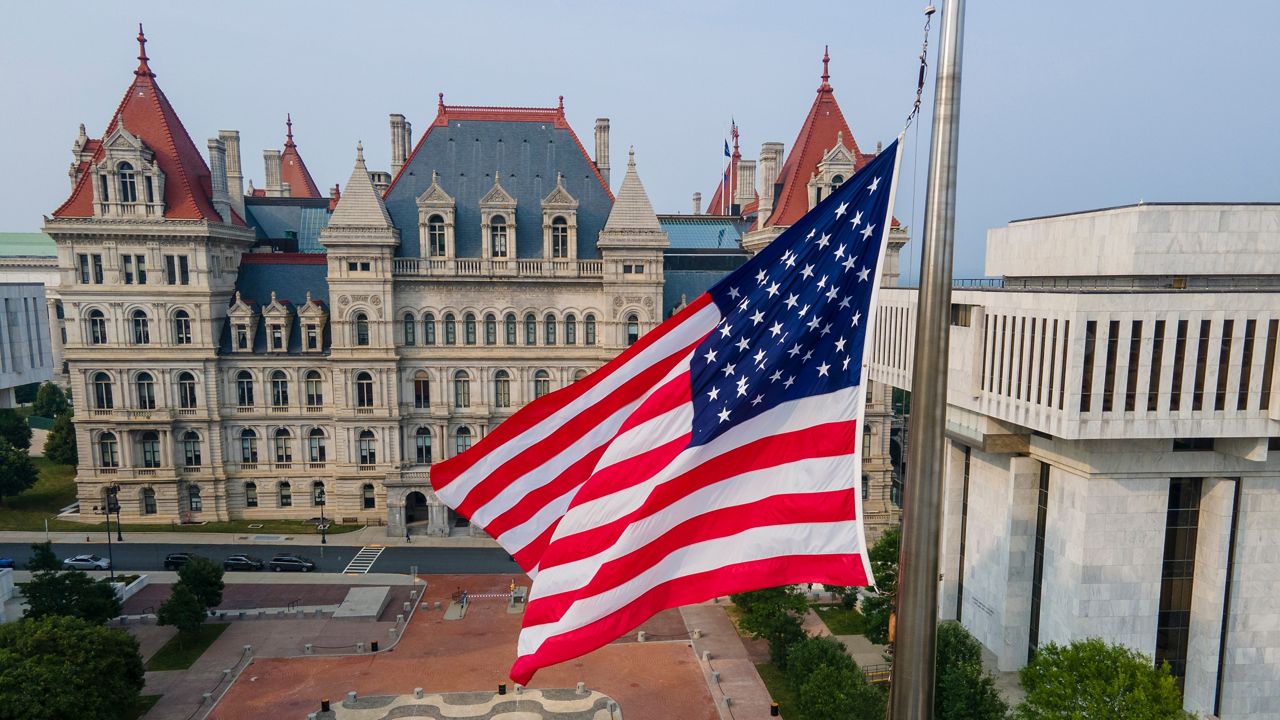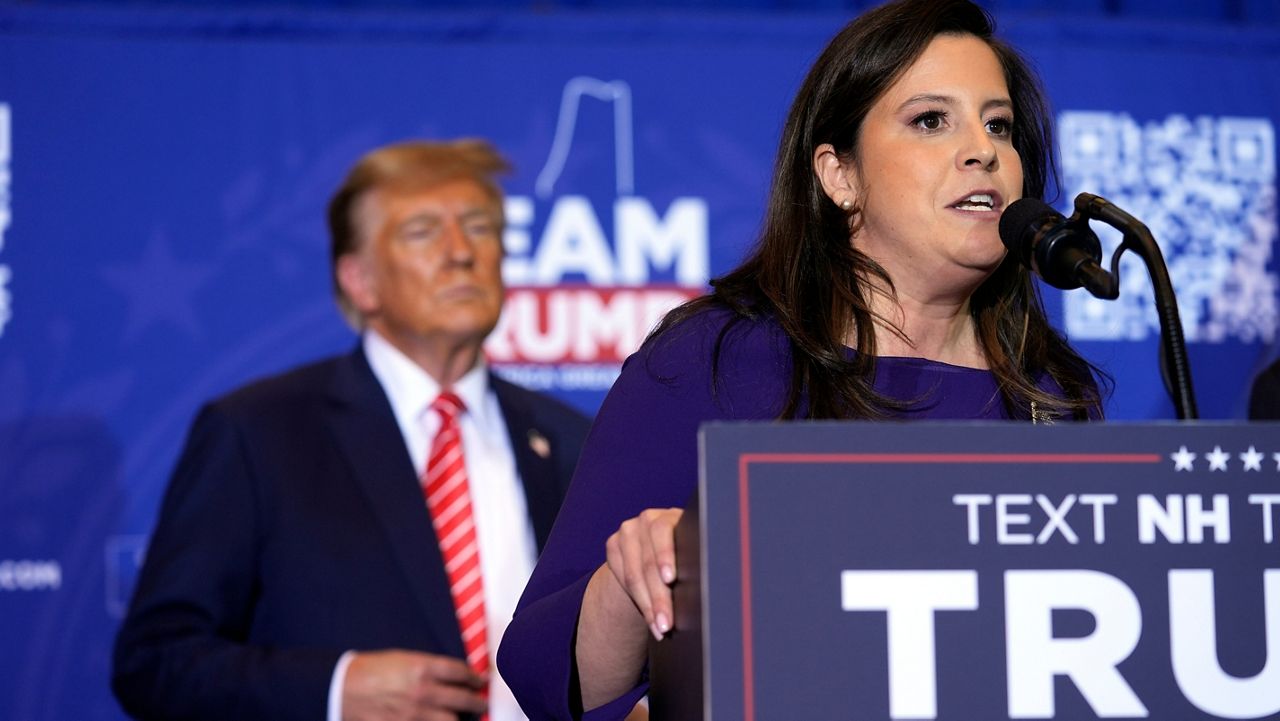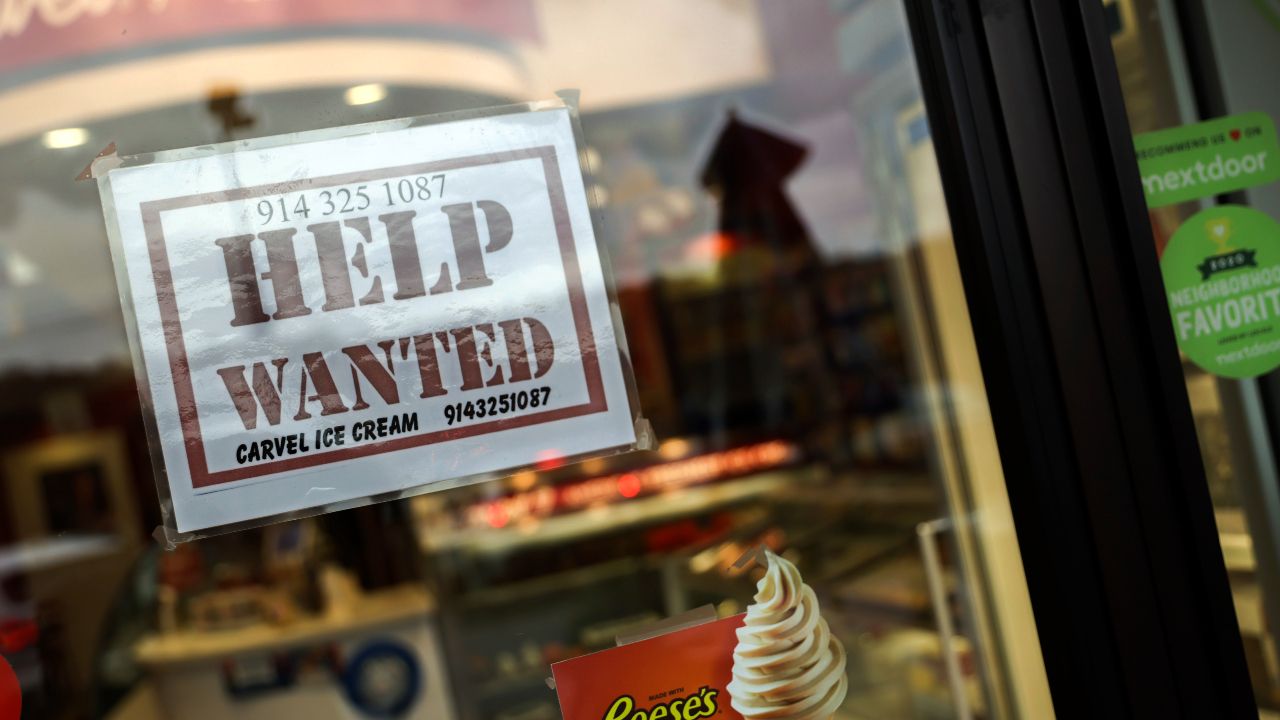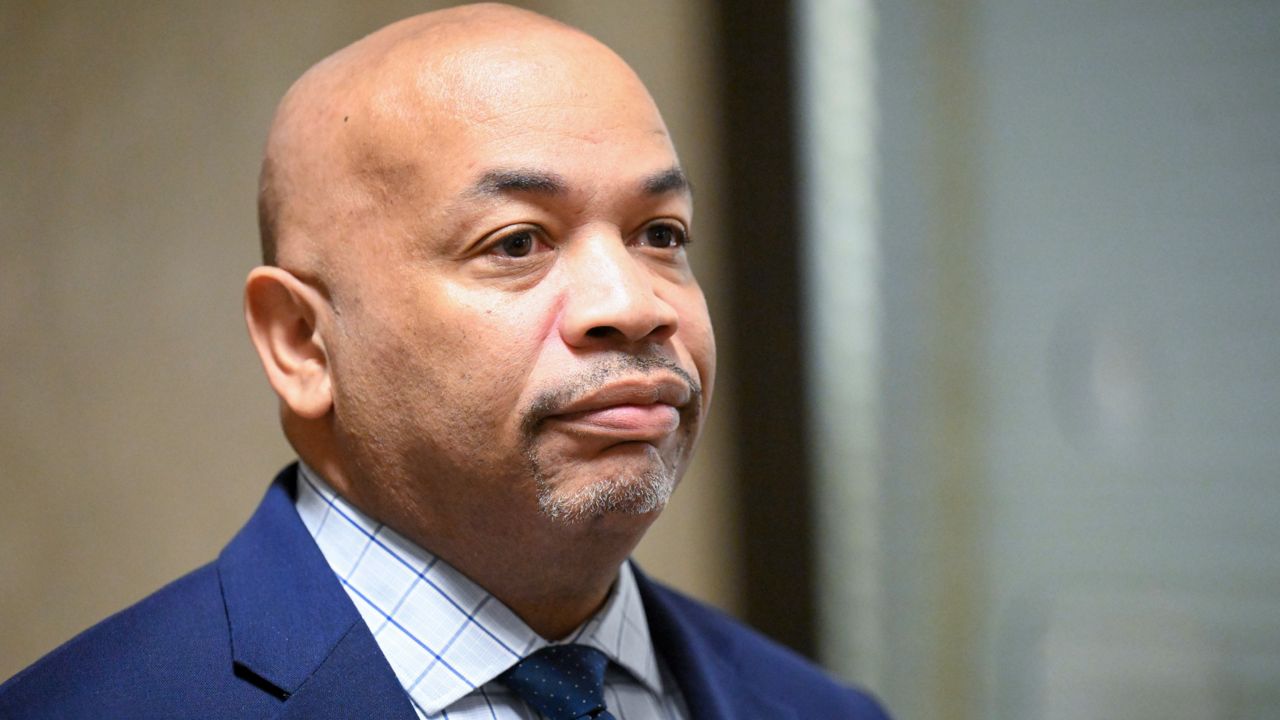Good-government advocates for years called for the creation of a public campaign financing system that would match small-dollar donations with taxpayer money as a way of amplifying the voices of everyday voters.
On the cusp of the program being funded in the upcoming state budget, the Democratic-controlled Legislature is potentially balking at letting it go forward. The organizations are now making a push this month to fully enact a system of publicly financed elections as New York lawmakers consider a delay.
John Kaehny, the executive director of Reinvent Albany, said the issue could lead to a sea change for the Legislature and politics in New York.
"This is a legacy question for them of whether they want to be moving ahead with this really historic, nationally significant program that empowers the little guy versus the big money interests that currently dominate state elections," he said.
New York has long been criticized by ethics watchdogs for sky-high donor limits and the free flow of money in elections. A system of publicly financed elections, which would match small-dollar donations with taxpayer money, is meant to reverse the influence of rich donors and deep-pocketed interests.
"Even a $10 contribution could make a real difference to a campaign for state Senate or for the state Assembly and these are the people who make the laws who decide how much in taxes you pay, how much your kid's school gets in funding," Kaehny said.
Blair Horner of the New York Public Interest Research Group had been previously concerned the system would go underfunded in the budget this election cycle.
"They should make the system work. They should add money to the governor's budget," he said. "She only put $25 million into the budget for the public financing system. It needs at least $100 million. So there's a lot of work that needs to be done to improve the system, not blow it up."
Lawmakers are considering the delay over concerns of how the donor matching program would work and amid the uncertainty over a court-ordered redrawing of legislative districts for the state Assembly, giving incumbent lawmakers a new swath of voters in 2024.
"Every 10 years you have the same problem," he said. "Every 10 years they will have new district lines drawn and they'll have to figure it out."
But there are critics of how such a program would work. Conservative Party Chairman Gerry Kassar believes publicly financed elections risk corruption.
"For people like me, it's an extraordinarily expensive program that the taxpayers cannot afford," he said.
Kassar calls the potential delay ironic given the push by some Democratic officials over the years to get the system in place.
"This was really designed by Democratic politicians to philosophically buy off the left, never wanting to see it happen and now they're confronting it," he said.




